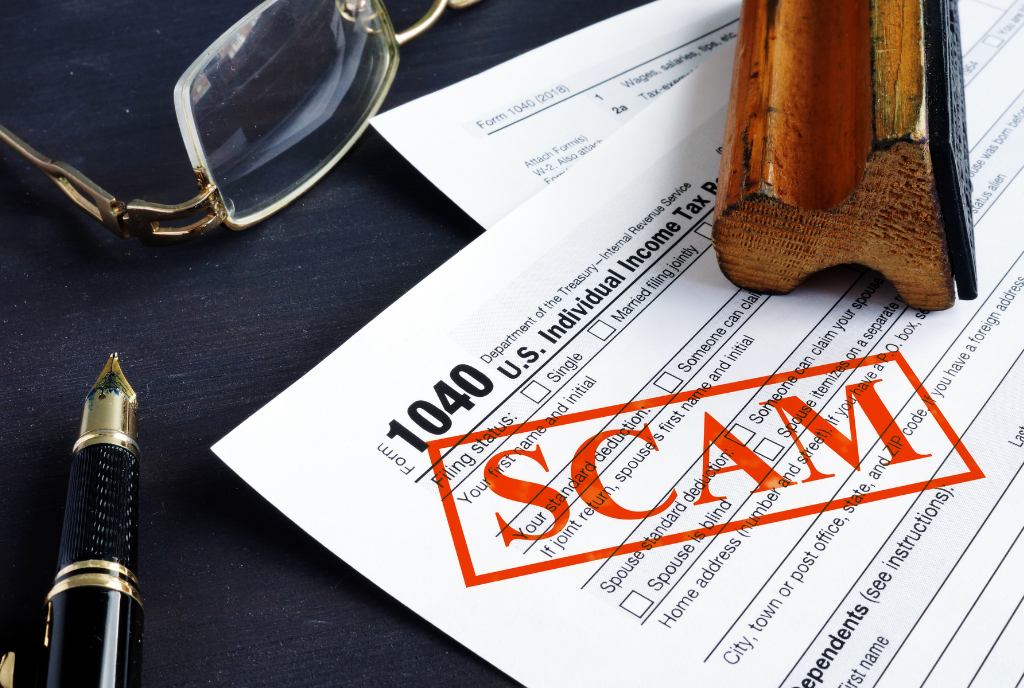A Checking Account Built Around You
Enjoy everyday banking designed around your lifestyle—with no hidden fees, no stress, and personalized support.

$25 Minimum Deposit to Open An Account

No Minimum Balance Required
Low $5 Monthly Maintenance Fee

No Per-Item Fees
Certified Account by Bank On
BankUnited Essentials Checking Account meets the National Account Standards and is proudly certified by Bank On as a low-cost, low-fee account designed to make banking accessible for everyone.
OPEN AN ACCOUNT


A Safe Place to Grow Your Money
At BankUnited, security is our top priority.Digital Banking at Your Fingertips
Enjoy the convenience of banking on your terms—whenever you want, anytime you want with our innovative and best-in-class mobile banking app.
Mobile Deposit
Automate Your Bills
Transfer Funds
Account Alerts
Budgeting and Planning
Send Money to Friends & Family
Take Control of Your Finances on Your Terms
Whether you need to check a balance, pay a bill, stop a payment, or pay a friend, the BankUnited mobile banking app is just a tap away.
We're Here to Help You
Have a question about our products or services? We’ve got multiple ways you can get in touch with a Client Care Center representative.
Featured Insights
Get insights on starting and growing your business, managing cash flow, protecting your assets, stories from real clients, and much more.


